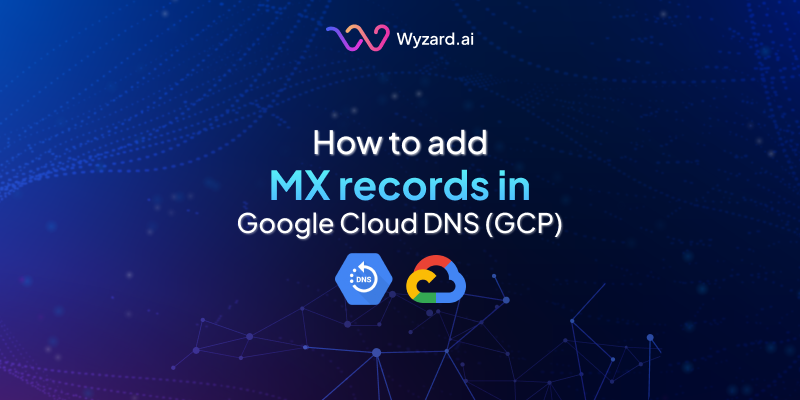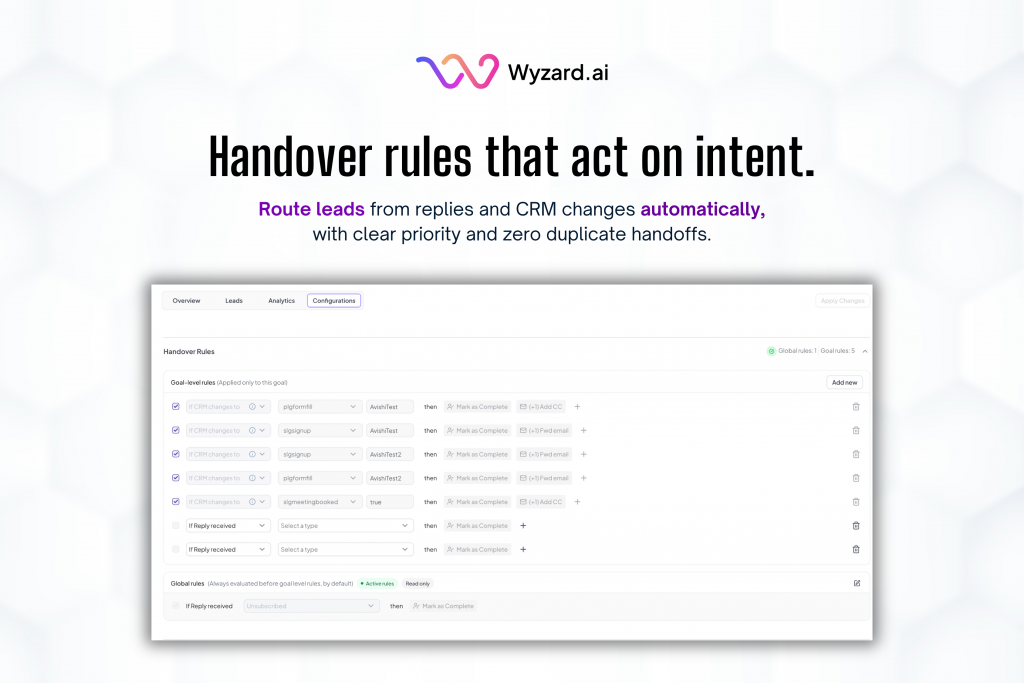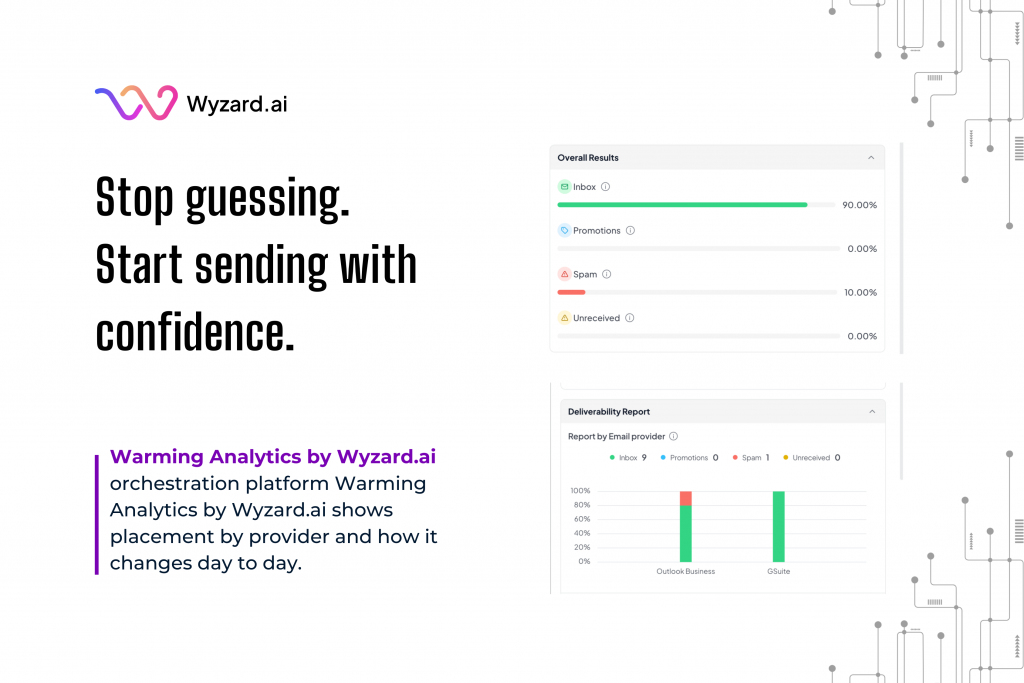Leads don’t slip away from a lack of traffic. They slip away in the moments right after intent shows ...
Guide to Adding TXT, MX, and CNAME Records in Google Cloud DNS (GCP)


Subscribe Now
Prerequisites
- A Google Cloud account with a project.
- A DNS zone created for your domain.
Steps to Add Records
Log in to Google Cloud Console:
- Go to https://console.cloud.google.com/.
Navigate to Cloud DNS:
- From the left menu, select “Networking” > “Cloud DNS”.
- Click on the DNS zone for your domain (e.g., example-com).
Add Record Set:
- Click “Add record set”.
Adding a TXT Record
- DNS Name: Enter the subdomain (e.g., sub.example.com.) or just example.com. for the root.
- Resource Record Type: Select TXT.
- TTL: Set to 3600 seconds (or customize).
- TXT Data: Enter the text value in quotes (e.g., “v=spf1 include:_spf.google.com ~all”).
Adding an MX Record
- DNS Name: Enter example.com. for the root or a subdomain (e.g., mail.example.com.).
- Resource Record Type: Select MX.
- TTL: Set to 3600 seconds.
- MX Data: Enter priority and server (e.g., 1 aspmx.l.google.com.), one per line. Include trailing dots.
- Click “Create”.
Adding a CNAME Record
- DNS Name: Enter the subdomain (e.g., www.example.com.).
- Resource Record Type: Select CNAME.
- TTL: Set to 3600 seconds.
- Canonical Name: Enter the target (e.g., example.com. or anotherdomain.com.).
- Click “Create”.
Save Changes:
- Click “Create” for each record. Propagation may take a few minutes to hours.
Reference
Video: Create a Google Cloud DNS Zone from scratch in 8mins using Shared VPC
Docs: https://cloud.google.com/dns/docs/records
Notes
- Propagation Time: DNS changes may take anywhere from a few minutes to 48 hours to propagate across the internet, depending on TTL settings and DNS provider.
- Verification: Use tools like dig (e.g., dig example.com TXT) or nslookup to verify records after adding them.
- Trailing Dots: AWS and GCP often require trailing dots for FQDNs (e.g., example.com.), while Azure and GoDaddy typically do not.
This guide ensures you can configure DNS records efficiently. For specific use cases (e.g., email setup, domain verification), refer to the service provider’s documentation.
Other blogs
The latest industry news, interviews, technologies, and resources.
February 23, 2026
Warming Analytics: Know When a Mailbox Is Ready to Send
Outbound works best when trust stays intact. Many teams ramp up sending, then see replies drop or spam placement ...

February 20, 2026
How To Generate Leads at Events
You spent weeks planning the booth, flew your team across the country, and showed up ready to make an ...

 We’ve secured funding to power Signal-to-Revenue AI to GTM teams globally. →
We’ve secured funding to power Signal-to-Revenue AI to GTM teams globally. →


